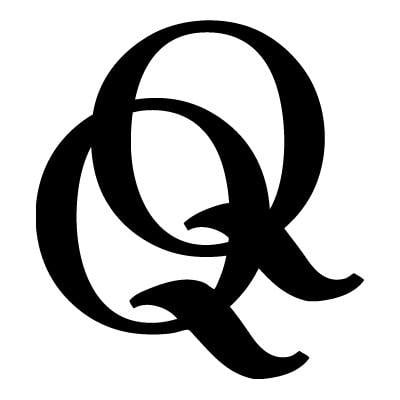“May the day of judging President Nixon on anything less than his entire life and career come to a close.” This was the gist of Bill Clinton’s generous (and politically savvy) eulogy at the 1994 funeral of the 20th century’s most controversial U.S. president.
That same generosity of spirit – some might say overgenerosity – infuses Margaret MacMillan’s first-rate reconstruction of Nixon’s 1972 visit to China. Her animating premise – “Nixon did many immoral things in his life, but he longed to be good” – remains a minority viewpoint, with the majority continuing to huff that his uniformly bad intentions probably paved the road to a richly deserved hell.
Though MacMillan provides ample evidence to support her revisionist perspective, this volume doesn’t aim to pronounce the final word on the troubled, fascinating man’s ethics. This is not “his entire life and career,” just a compelling look at his finest hour – or week, rather.
As she did in her magisterial book about the Versailles peace conference, Paris 1919, MacMillan here dramatizes the often dully presented world of high-level diplomacy. In breezy, clean prose, MacMillan ably portrays the central actors, Nixon, Mao Tse-Tung, Henry Kissinger, and Chou En-Lai, and provides potted histories of their nations to craft an admirable book on the visit that helped bring China back into the international fold.
If there is little that is new in the retelling of this oft-told tale, everything essential is here. MacMillan’s work juxtaposes a lively play-by-play of the visit’s trivialities (first lady Pat Nixon’s squeal of delight when Chou promised two panda bears to the U.S., for example) with savvy estimates of the geopolitical consequences for the principals, America and China, and the fallout for Taiwan, Vietnam, Russia, India, Pakistan, and Korea. Few contemporary historians can so seamlessly interweave gossip about personal lives with insight into political motivations.
As the title suggests, Nixon is the book’s star, and he is here in all his flawed glory: Quaker Cold Warrior, cold-blooded political fighter who cried at Broadway musicals, and writer of memos to himself about how he wanted to come off in the media: “cool, strong, organized, temperate, exciting, mysterious.” No president apart from Clinton came to the White House, MacMillan argues, with a better grasp of foreign policy and a greater determination to make his mark in this field.
MacMillan paints an equally piquant portrait of the womanizing communist icon Mao and his long-suffering and urbane number two, Chou. (So loyal was Chou that when Mao ordered him to eschew cancer treatment, he complied.) Liberating Mao from the campiness in which he is increasingly swathed, MacMillan emphasizes his similarity to China’s emperors in his need to assert his nation’s pre-eminence. Nixon understood that Mao would only re-enter the international arena if he could manage it without losing any face, that Mao and all his compatriots desired above all else to put the colonial period’s humiliations behind them.
It is a measure of Nixon and Kissinger’s brilliance that the pair accommodated their hosts’ sensitivities without unduly sacrificing America’s interests in the region. They kowtowed sometimes, yes, but, in the end, the dynamic and drama-loving duo secured China’s help in exiting Vietnam, without signing over Taiwan. They opened the diplomatic and economic channels that now flood in both directions. And, by the end of MacMillan’s history, we’re persuaded (at least temporarily) that Kissinger’s valedictory verdict is the right one: Nixon might have been a great man, if (and it’s a big if) somebody had loved him.
★Nixon in China: The Week That Changed the World

 Contact us via email
Contact us via email
